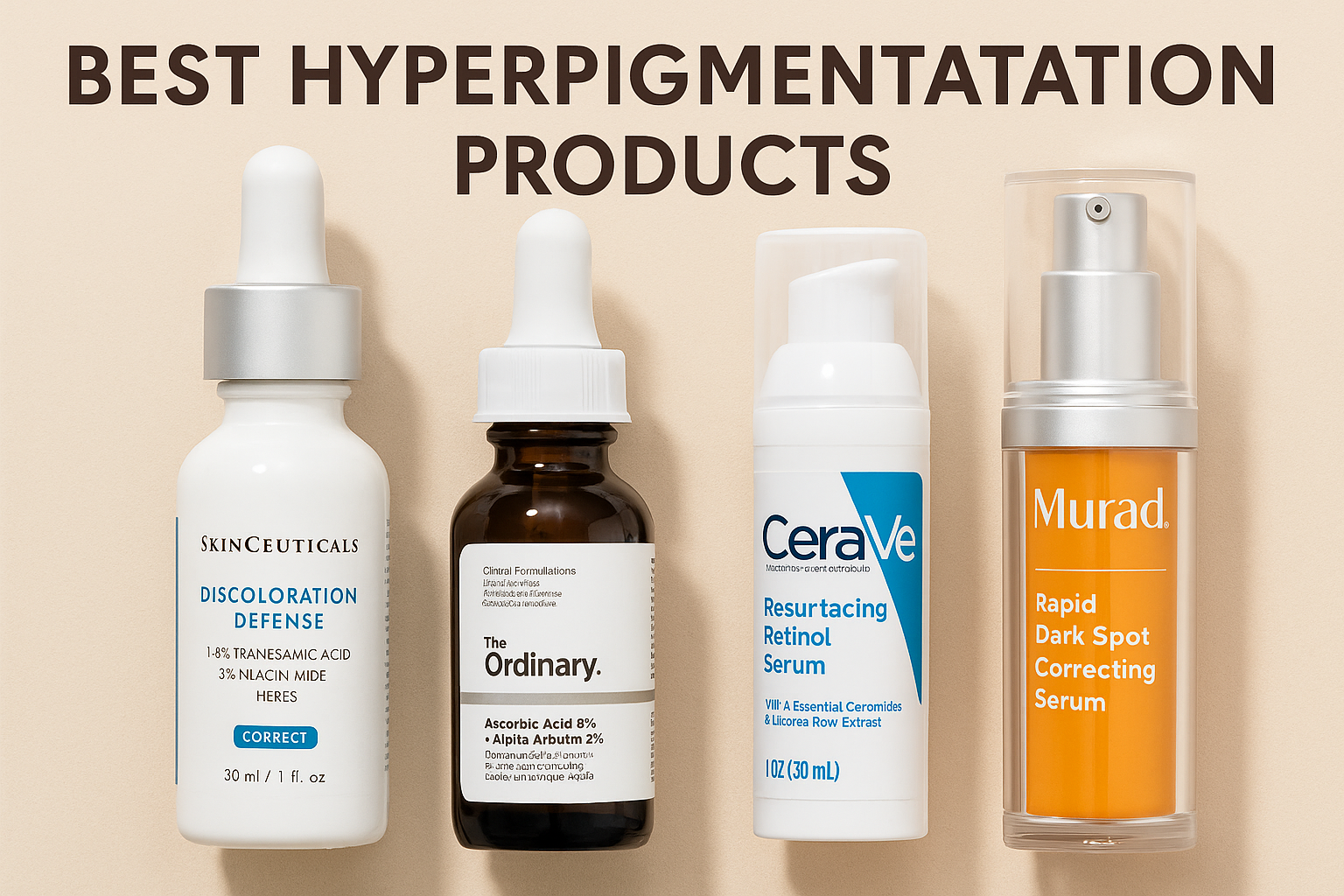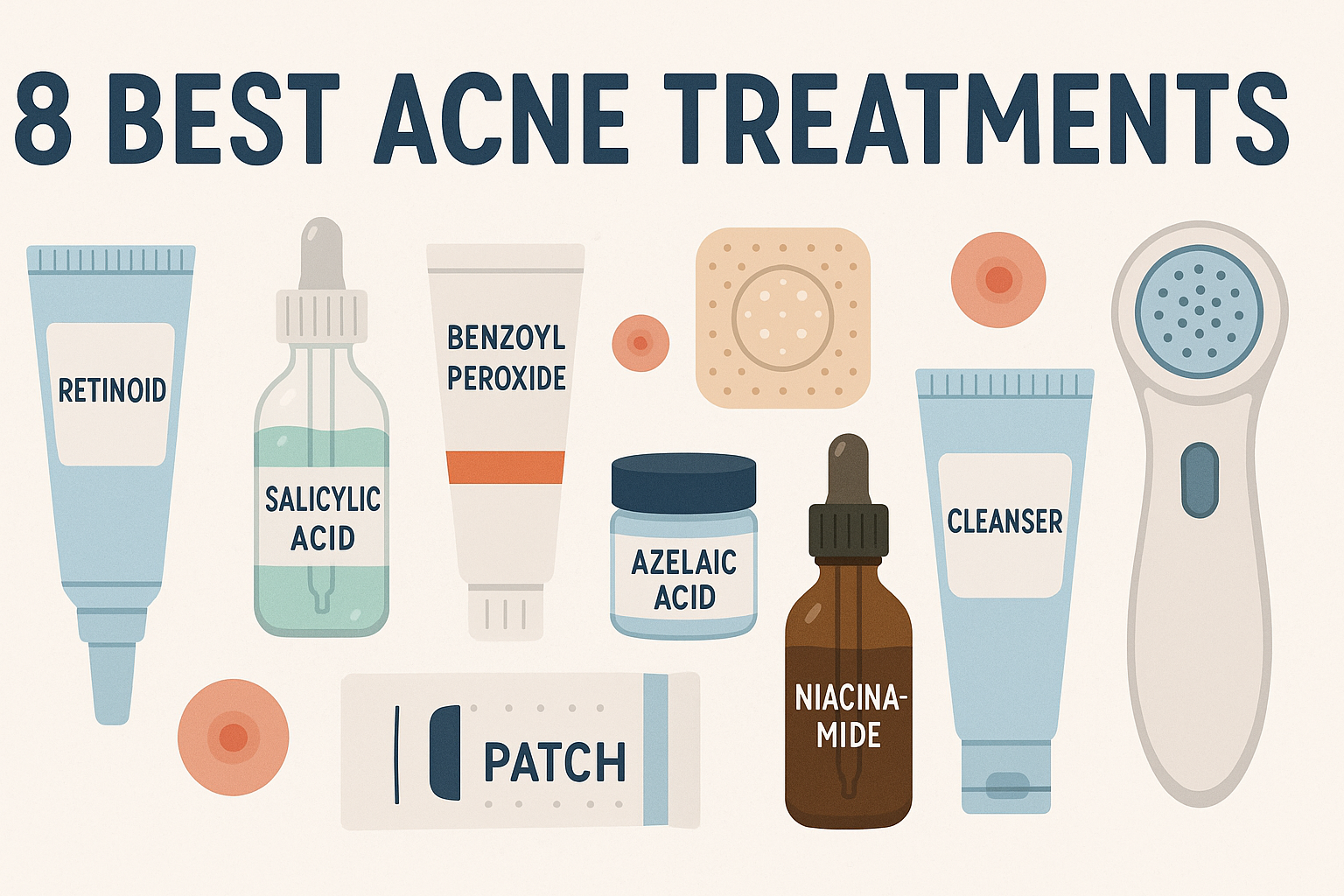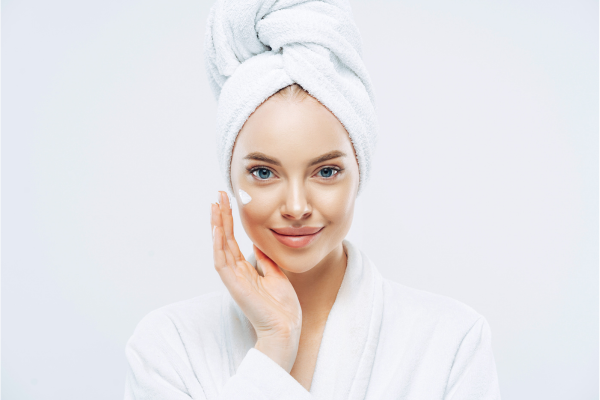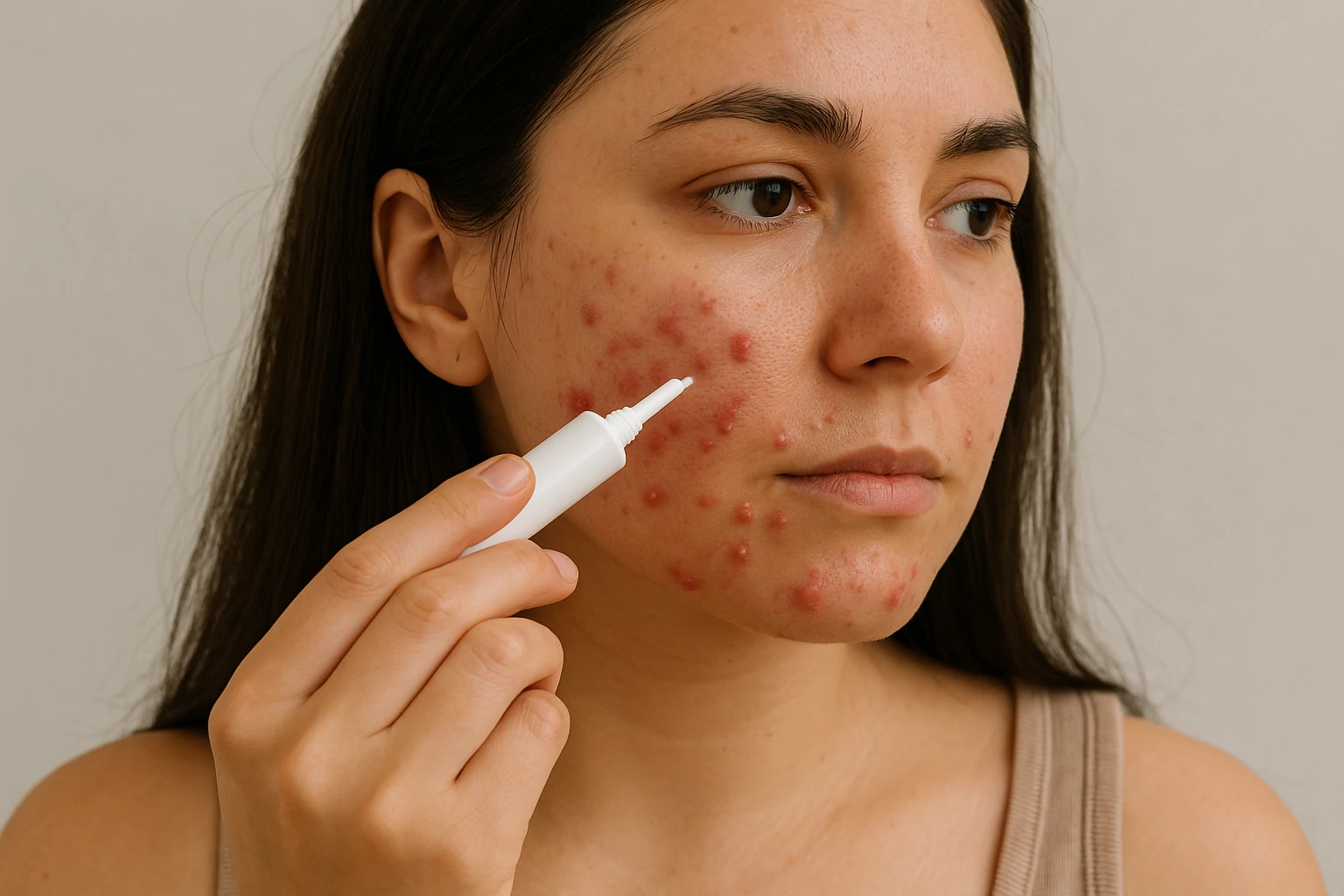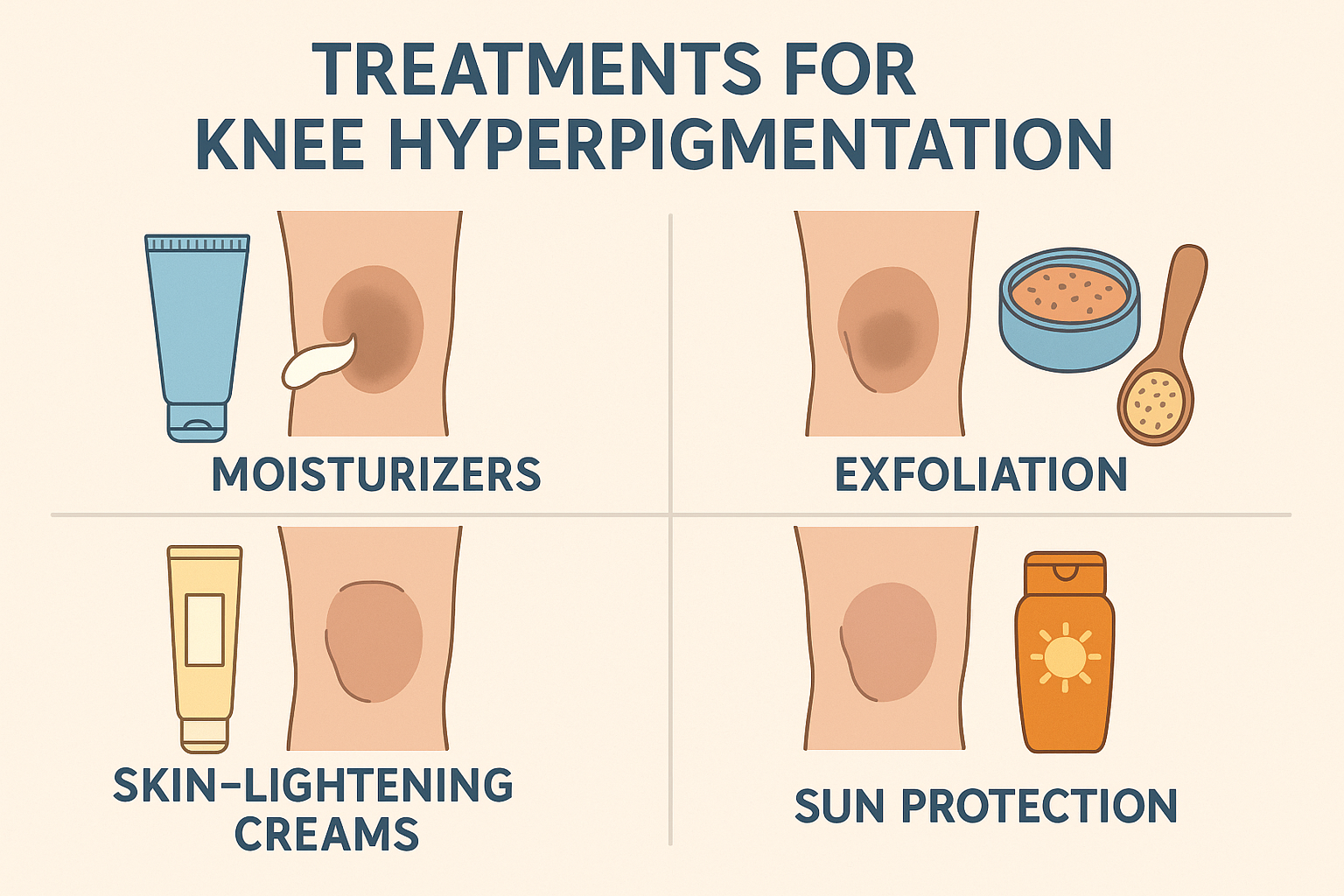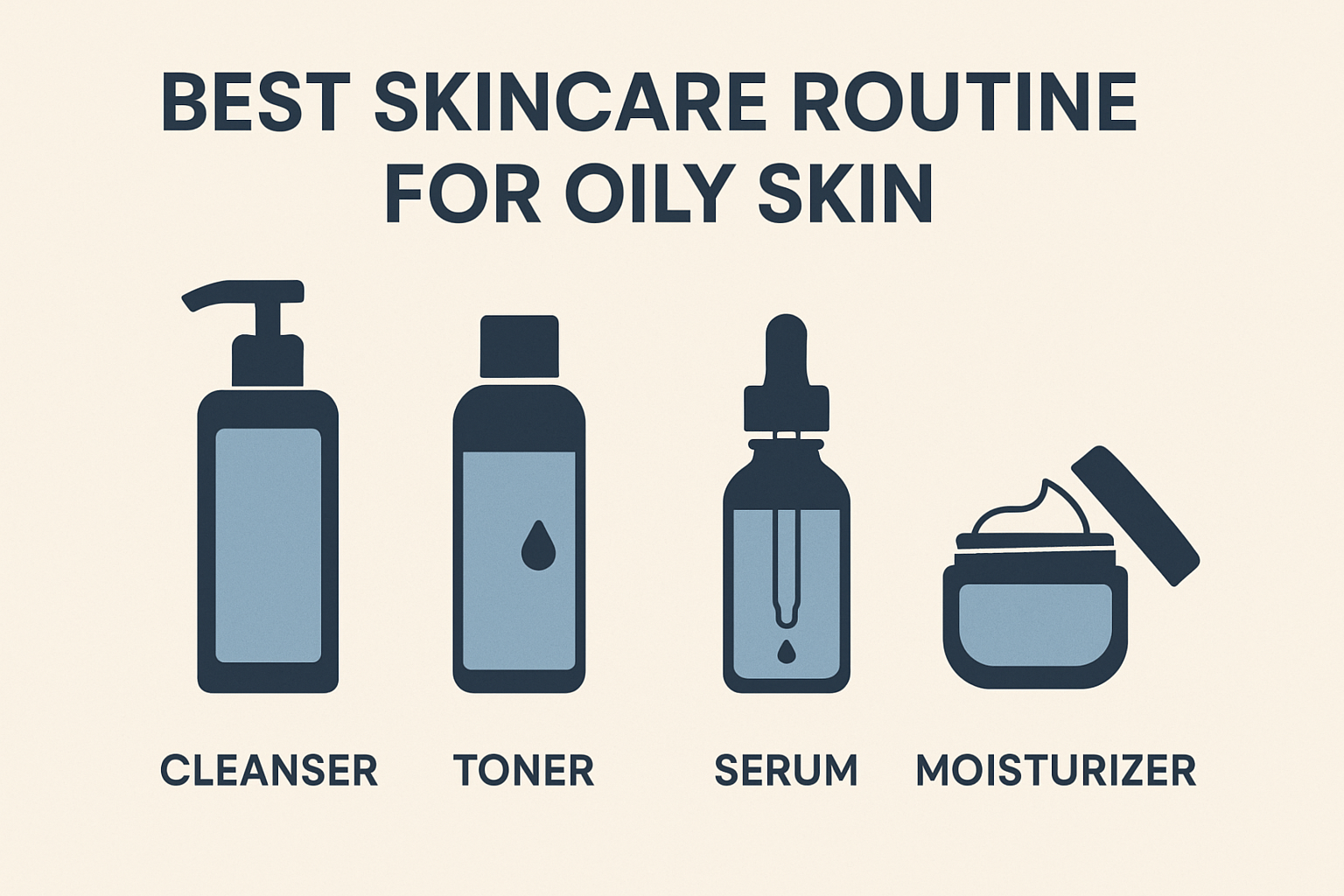11 Clinically-Proven Anti Aging Ingredients Recommended by Derms

In the world of anti aging skincare, only a few ingredients have been scientifically proven to reduce signs of aging, such as wrinkles. Clinical studies show that ingredients like retinoids, peptides, hyaluronic acid, and vitamin C are among the most effective in slowing down the aging process. However, it’s important to note that no ingredient delivers instant results. For the best outcome, these ingredients need to be used regularly and with patience, as noticeable changes in the skin take time.
Anti aging ingredients work in different ways. For example, retinoids boost skin cell turnover, peptides help stimulate collagen production, and hyaluronic acid hydrates the skin to make it appear plumper. Vitamin C helps brighten the complexion and fights damage caused by free radicals. Using these ingredients wisely and in combination can lead to significant improvements in skin texture and elasticity.
With so many products and claims in the beauty market, choosing truly effective ingredients can be confusing. According to interviews with five licensed dermatologists, retinoids and hyaluronic acid are consistently ranked as the most effective. Additionally, newer ingredients like bakuchiol are gaining attention as a gentler, natural alternative to retinol for sensitive skin.
Sunscreen
Sun exposure is one of the main causes of skin aging, with research showing that up to 80% of facial aging is due to UV rays. That’s why daily use of sunscreen is essential to prevent further skin damage. Sunscreens with SPF 30 or higher are recommended for optimal protection.
Sunscreen is one of the most widely studied anti aging ingredients by dermatologists. According to Dr Mamina Turegano, “without sunscreen, all other skincare products won’t be effective because of the damage caused by UV rays.” UV radiation not only harms the skin’s DNA, but also speeds up the ageing process, leading to wrinkles and uneven skin tone. Sunscreen protects the skin from UV damage, allowing time for skin cells to repair and helping maintain long-term skin health.
To get the most protection, choose a sunscreen that suits your skin type and use it every day—even when it’s cloudy. Some well-known and trusted sunscreen brands include Supergoop, Elta MD, and Summer Fridays, which offer a variety of formulas for different skin needs.
Retinoids
Retinoids are one of the most effective anti aging ingredients after sunscreen. The term “retinoids” includes several vitamin A derivatives, such as over-the-counter retinol and prescription retinoids like tretinoin. Retinol works by speeding up skin cell turnover, stimulating collagen production, and improving skin elasticity—helping to reduce wrinkles and other signs of ageing.
Dr Dennis Gross, a leading dermatologist, explains that retinol is highly effective in improving skin texture because it boosts cell renewal and collagen production in deeper layers of the skin. Collagen is a key protein that keeps skin firm and smooth. Regular use of retinol has been clinically proven to reduce fine lines, fade dark spots, and give the skin a brighter, smoother appearance.
Prescription retinoids like tretinoin (Retin-A) are stronger and more effective for treating more advanced signs of aging. Although they require a doctor’s prescription, tretinoin can deliver more noticeable results. For those serious about long-term skincare, consulting a dermatologist for a stronger retinoid may be a smart move.
Bakuchiol
Bakuchiol is a natural and effective alternative to retinol, especially for those who cannot use retinol due to pregnancy, breastfeeding, or sensitive skin. Derived from the Psoralea corylifolia plant, bakuchiol promotes skin cell turnover and collagen production in a similar way to retinol. According to Dr Dennis Gross, bakuchiol offers similar benefits to retinol in improving skin texture and reducing signs of aging like wrinkles and fine lines, but with a much lower risk of irritation.
One of the key advantages of bakuchiol is that it helps strengthen the skin’s moisture barrier. This reduces the risk of dryness and irritation, which are common side effects of retinol—especially for sensitive skin. Bakuchiol also has anti-inflammatory properties, helping to calm the skin and reduce redness, making it a great option for easily irritated skin.
Because it delivers many of the same benefits as retinol without the harsh side effects, bakuchiol has become a popular ingredient in anti-ageing products for all skin types. For those looking for a gentler, plant-based solution, bakuchiol is a highly recommended choice.
Vitamin C
Vitamin C is a powerful antioxidant that helps protect the skin from damage caused by UV exposure and free radicals.1Telang PS. Vitamin C in dermatology. Indian Dermatol Online J. 2013;4(2):143-146. doi:10.4103/2229-5178.110593 When used alongside sunscreen, it offers extra protection by reducing the harmful effects of UV rays that can accelerate skin aging. According to Dr Mamina Turegano, vitamin C also plays a key role in collagen production — a natural protein that keeps skin firm and elastic. It also helps reduce dark spots caused by sun exposure.
As we age, collagen production decreases, leading to sagging and the formation of wrinkles. One of the key benefits of vitamin C is its ability to stimulate new collagen production, helping to maintain skin strength and elasticity. Using a vitamin C serum regularly can help protect the skin and slow down the ageing process.
Vitamin C also helps brighten the complexion and even out skin tone, making skin look fresher and more radiant.
Ferulic Acid
Ferulic acid is a valuable skincare ingredient, especially when combined with vitamin C in serums. It helps stabilise vitamin C, boosting its effectiveness in protecting the skin. Ferulic acid itself is also a powerful antioxidant that fights free radicals — unstable molecules that damage collagen and speed up aging. These radicals can come from UV rays, blue light from screens, and air pollution.
Dr Dennis Gross explains that ferulic acid helps preserve existing collagen by preventing further damage. This supports skin elasticity and firmness, reducing the appearance of fine lines and wrinkles.
In addition to its antioxidant benefits, ferulic acid enhances the skin’s defence against environmental stressors. For stronger anti aging effects, choose serums that combine ferulic acid with vitamin C to support long-term skin health.
Peptides
Peptides are short chains of amino acids that play a key role in skincare, especially in boosting collagen production. Collagen keeps skin firm, elastic, and youthful. Peptides send signals to the skin to promote collagen formation, which helps reduce wrinkles and fine lines. Some peptides also help retain moisture, keeping the skin hydrated and healthy.
Although less famous than SPF or retinol, peptides are proven to be effective anti aging ingredients. A 2019 study of 22 women over 40 found that topical peptide use significantly improved wrinkles in just two weeks.
Peptides are also useful for delicate areas like the lips, helping prevent dryness and cracking, and maintaining soft, smooth skin.
Hyaluronic Acid
Hyaluronic acid is a highly effective ingredient, especially for dry skin. It has a unique ability to attract and retain moisture from the air, making the skin appear plumper almost instantly. In the long term, it improves skin hydration, which is essential for maintaining softness and elasticity. Dr Anthony Rossi Jr. considers it one of the best anti aging ingredients due to its deep moisturising and wrinkle-reducing effects.
It also helps restore the skin’s structure. As we age, skin loses its natural moisture, leading to dryness and fine lines. By increasing water content in the skin, hyaluronic acid smooths and refreshes the complexion. Regular use can help slow down ageing by keeping the skin hydrated and improving texture.
It’s suitable for all skin types, especially dry or mature skin. Lightweight and easily absorbed, it’s often found in serums, moisturisers, and masks.
Epidermal Growth Factor
Epidermal Growth Factor (EGF) is a protein that supports skin regeneration and tissue repair. Sourced from humans, plants, or animals, EGF helps stimulate the production of key structural proteins like collagen and elastin. As we age, the natural production of these proteins declines, leading to sagging and wrinkles. EGF encourages their renewal, helping improve skin structure and appearance.
It also plays a role in wound healing, making it especially useful after procedures like microneedling or laser treatments. EGF speeds up the recovery process, supporting faster skin repair and better overall results.
Thanks to these benefits, EGF is increasingly used in high-end skincare products, especially for ageing or post-procedure skin.
Polyglutamic Acid
Polyglutamic acid is a powerful humectant derived from fermented soybeans. As a humectant, it draws moisture into the skin and helps it stay hydrated for longer. According to Dr Laura Scott, polyglutamic acid not only provides instant hydration but also penetrates deeper layers of the skin. One of its standout features is its ability to support the skin’s natural moisturisers like ceramides and fatty acids. These help maintain hydration balance and prevent dryness that leads to wrinkles and sagging.
Good hydration is key to keeping skin firm and youthful. By increasing moisture levels, polyglutamic acid makes skin look plumper and smoother. Regular use improves texture and reduces fine lines. It also forms a protective barrier to keep moisture in throughout the day — even in dry environments.
Because of its excellent moisturising power, polyglutamic acid is becoming a popular choice in skincare for dry and ageing skin.
Exosomes
Exosomes are tiny vesicles containing growth factors, derived from stem cells. In skincare, exosomes help rejuvenate the skin and reduce signs of aging. According to Dr Natalie Curcio, they support skin health by stimulating cell renewal, improving hydration, and strengthening skin structure. They work by sending signals between skin cells, triggering repair and regeneration processes.
Exosomes are now found in advanced skincare products from premium brands like Angela Caglia and Dr Barbara Sturm. A popular example is ELEVAI enfinity, which uses exosomes from human umbilical cord stem cells. It’s known to reduce stubborn pigmentation, redness, fine lines, and wrinkles.
ELEVAI enfinity also includes ingredients like hyaluronic acid, multiple forms of vitamin C, niacinamide, ceramides, and copper peptides — all of which enhance anti-ageing benefits and help protect and even out the skin.
Thanks to their ability to deeply renew and repair, exosomes are becoming a powerful tool in modern skincare.
Ceramides
Ceramides are lipids in the sphingolipid family that are essential for healthy skin. According to Dr Melissa Levin, ceramides strengthen the skin’s barrier — the outer layer that protects against pollutants, bacteria, and moisture loss. A strong skin barrier helps keep the skin hydrated and protected.
With age, ceramide production declines, making skin dry, saggy, and prone to wrinkles. That’s why many anti aging products include ceramides to replenish what’s lost and reinforce the skin’s natural barrier.
Ceramides also help improve skin texture and reduce inflammation, especially in dry or sensitive skin. They repair the skin’s surface, leaving it softer, plumper, and more hydrated.
Because of their role in maintaining moisture and barrier function, ceramides are highly effective in caring for ageing and dry skin.
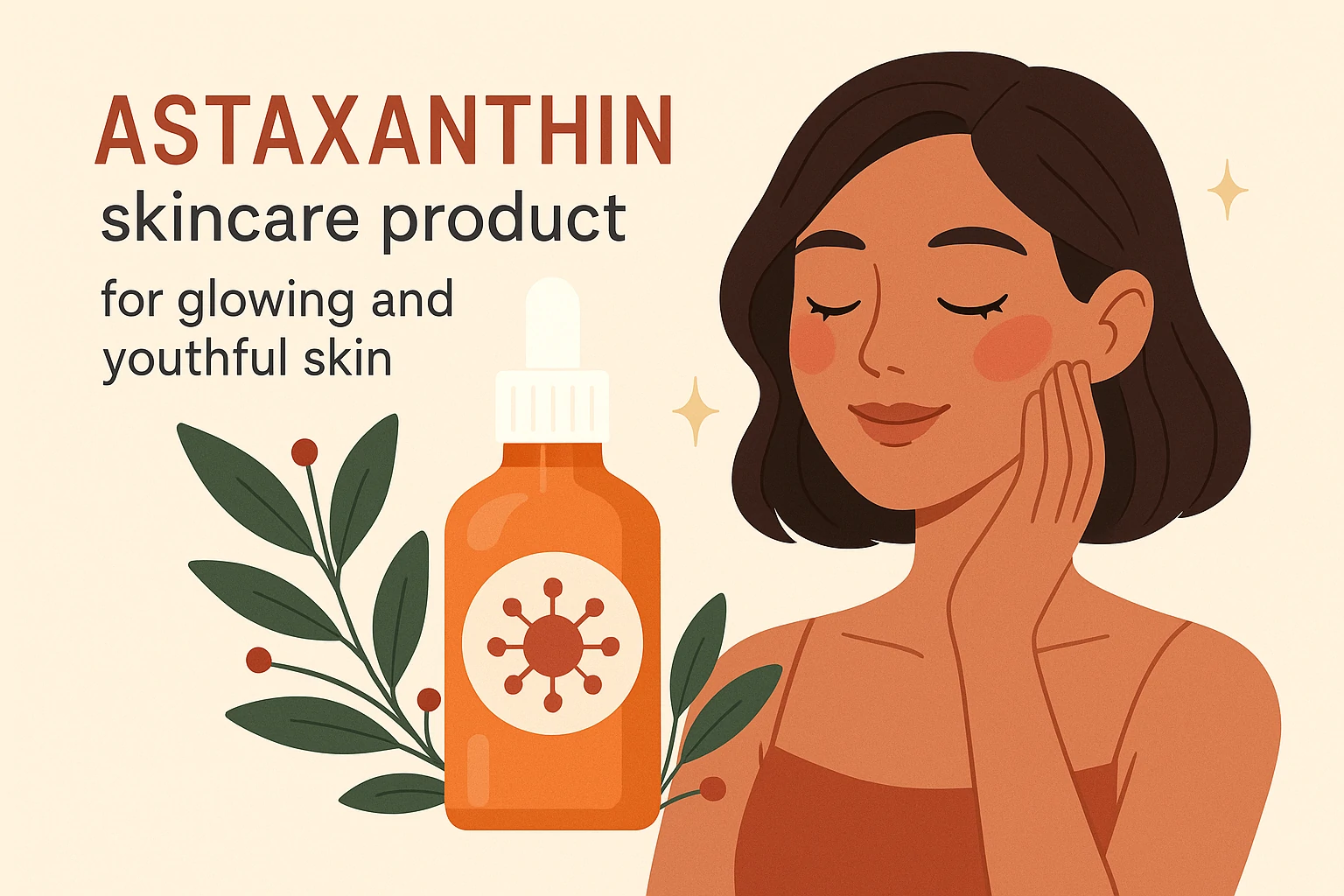

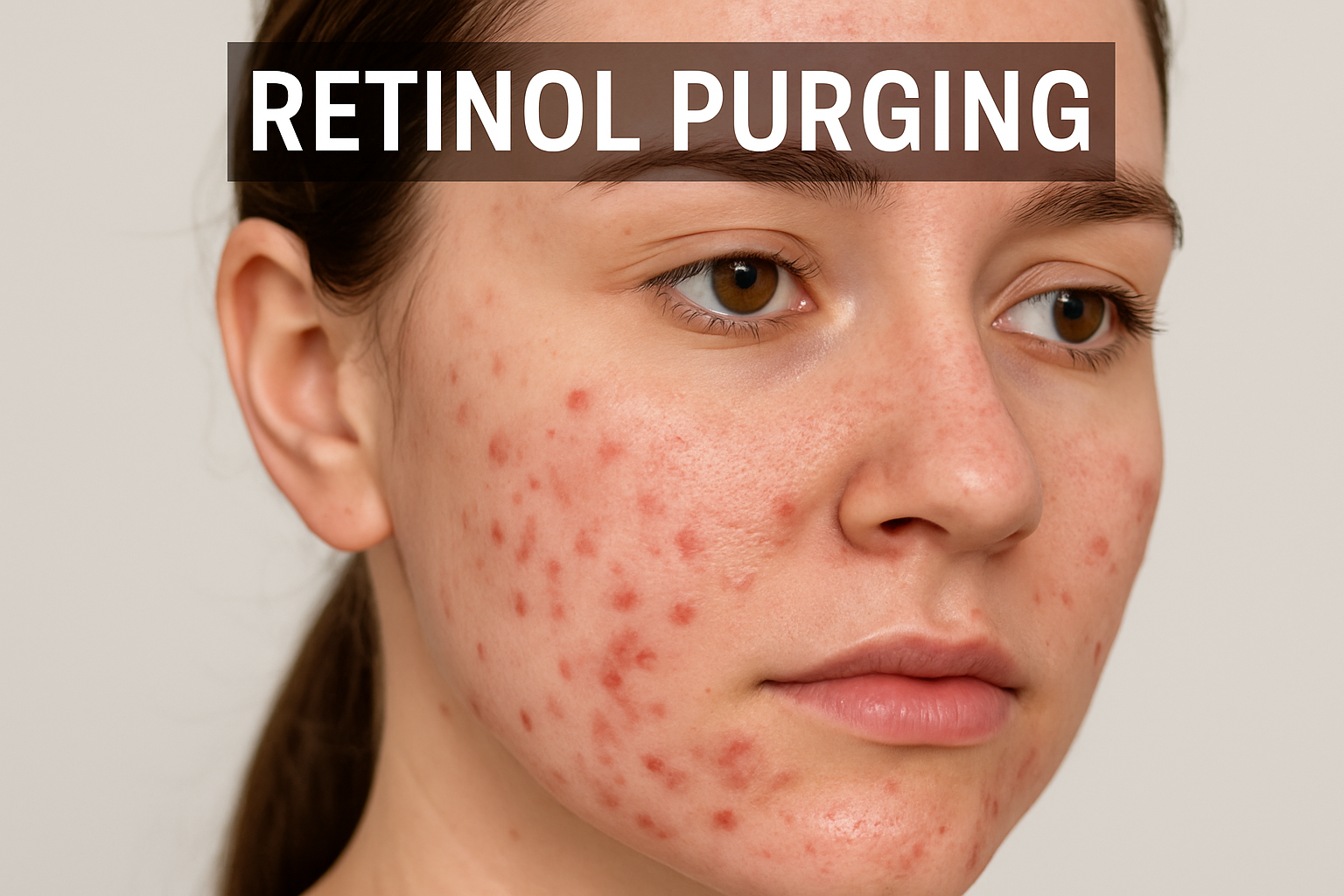
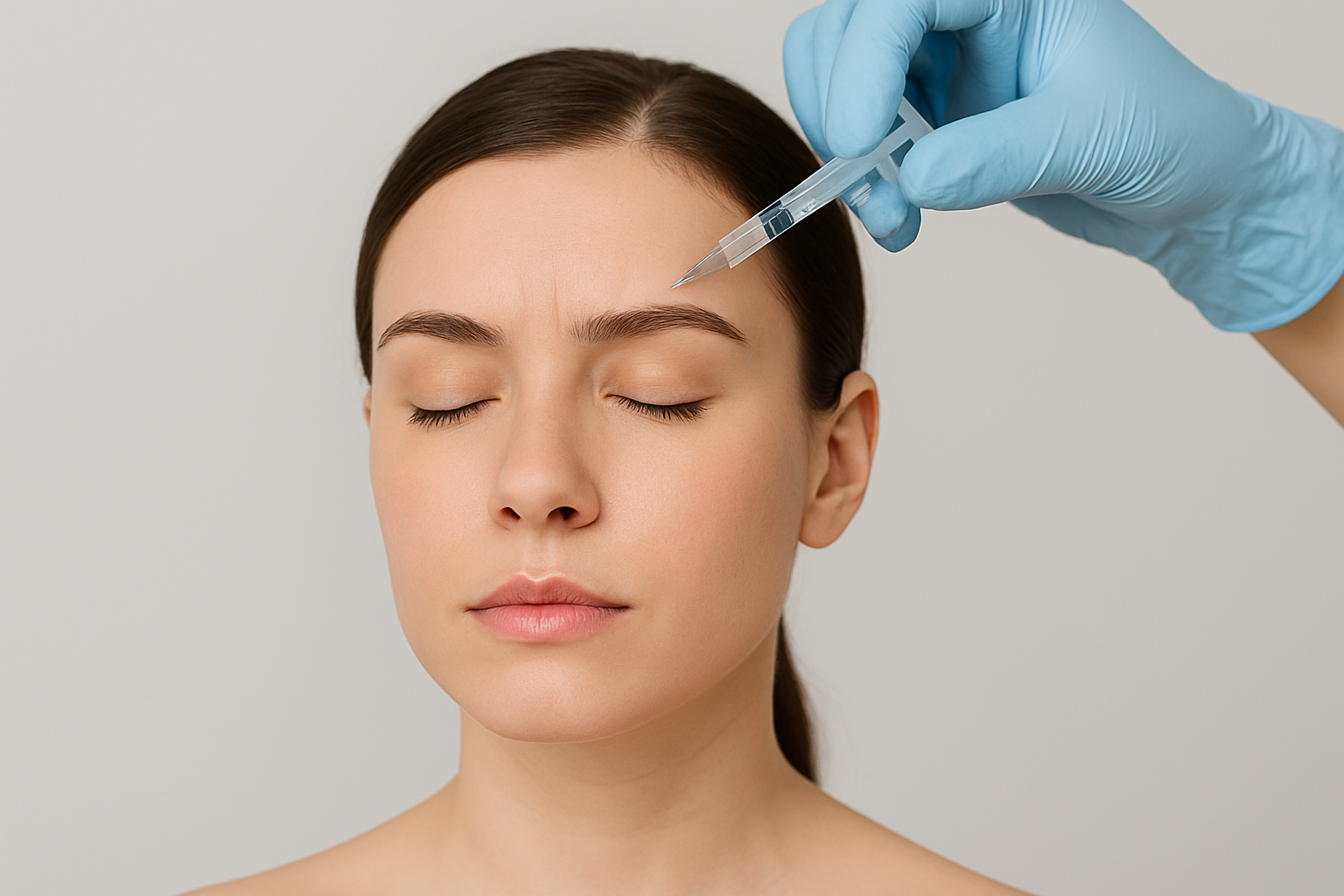
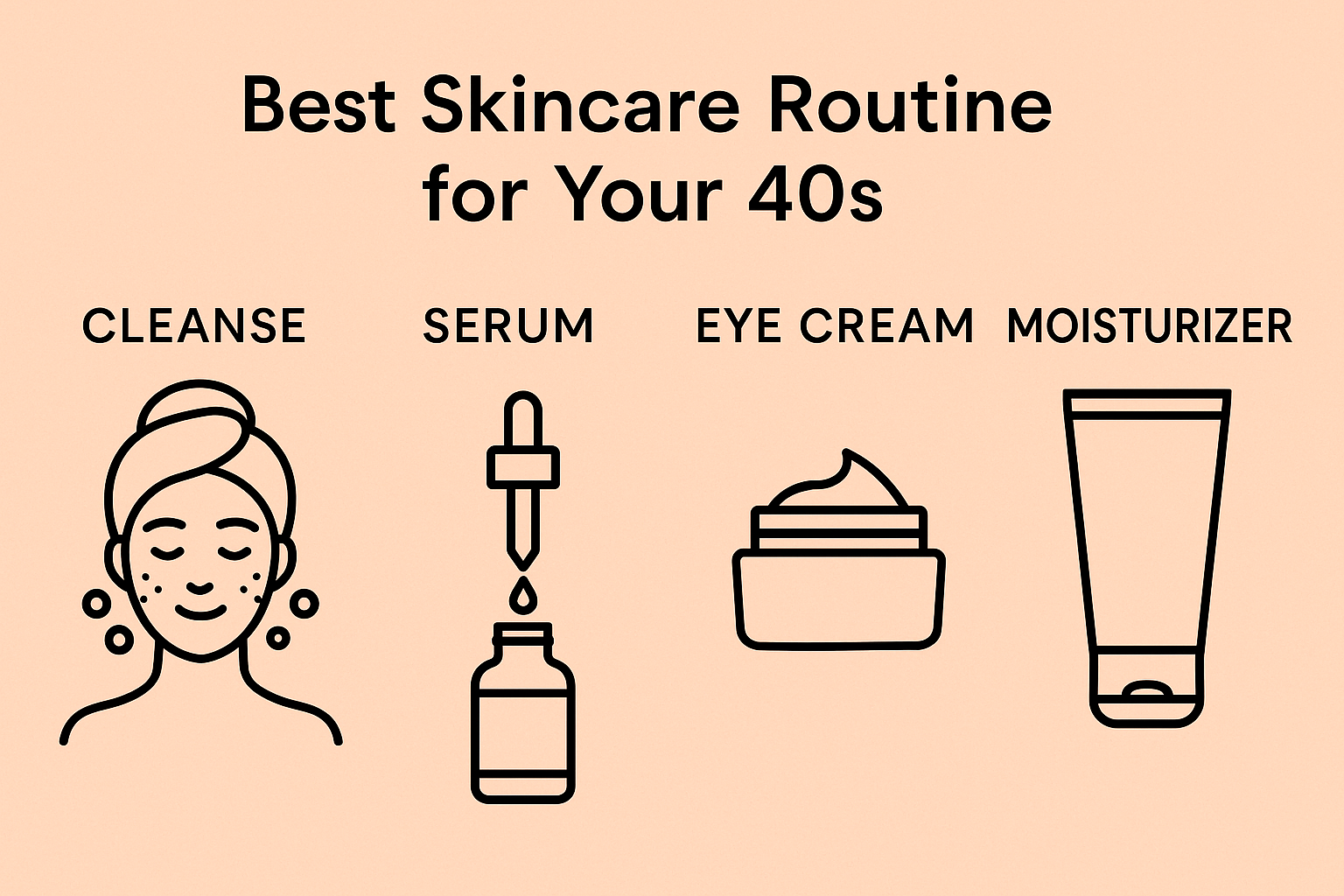
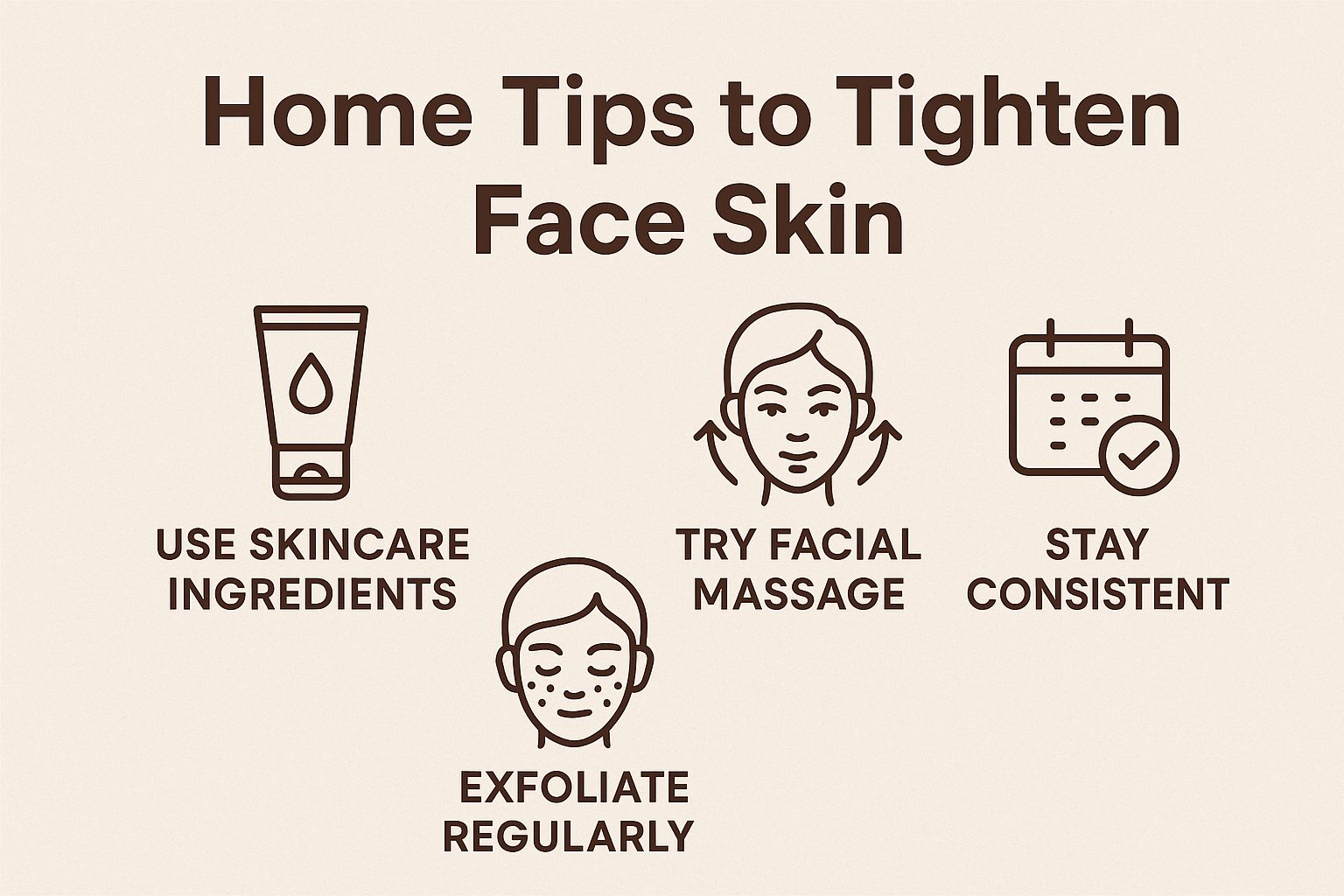
 Acne
Acne Anti-Aging
Anti-Aging Business
Business Digital Marketing
Digital Marketing Economics
Economics Exfoliation
Exfoliation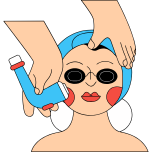 Hair Removal
Hair Removal Movies
Movies Personal Finance
Personal Finance Websites
Websites
